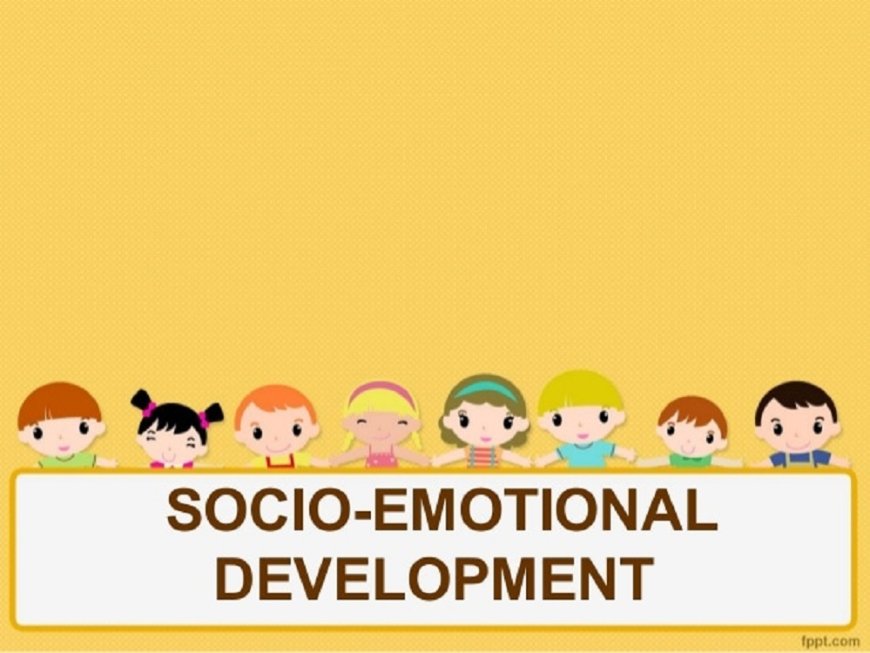Socio-emotional skills in children
of socio-emotional skills. They are essential for the little ones to develop properly in the environment. Socio-emotional skills in children.

Children need to develop socio-emotional skills to grow up in a healthy and balanced way. You have certainly heard of emotional education and the importance it has for the integral development of children. The main goal of this type of education is to promote the acquisition of socio-emotional skills. They are essential for the little ones to develop properly in the environment. Socio-emotional skills in children.
Thus, in the development of this set of knowledge, skills, abilities and attitudes, the following acts stand out:
- Identifying and regulating your own feelings, emotions and behaviors.
- Recognizing your personal characteristics.
- Recognizing and understanding the feelings and points of view of others.
- Work and pursue personal goals.
- Acceptance and respect for differences between people.
- Using positive communication.
- Constructive prevention, management and resolution of interpersonal conflicts.
- Action based on ethical and civic values.
- Making responsible decisions.
- Contributing to people's well-being.
All of this can be broken down into five categories. We need to know them in order to provide children with complete education.
Socio-emotional skills - division
As we mentioned earlier, in order to instill these skills in the youngest, there are a number of key aspects to remember. Thus, the different socio-emotional competences can be divided into five categories.
Emotional awareness
This can be defined as the fact of being aware of your own emotions and the emotions of others. Understand them and be able to name each one. It also refers to the ability to appreciate the emotional climate of a given situation.
Must Read: Why is it worth learning basic competences in childhood?
Emotional regulation
It is about properly dealing with emotions, managing them, expressing them and dealing with them, taking into account that emotional states influence cognitive processes and behavior.
Emotional autonomy
It refers to the development of a number of features and elements related to autonomy, such as:
- High self-esteem.
- Positive attitude to life.
- Critical analysis of social norms.
- Self-efficacy.
Interpersonal intelligence
It is the ability to understand the intentions, motivations and desires of others and to establish healthy social relationships. Which means practicing positive and effective communication, showing respect, empathy, pro-social attitudes, assertiveness, cooperation, etc.
Life skills and well-being
These are the skills necessary to deal with everyday life satisfactorily, such as:
- First, setting goals and objectives.
- Making decisions and taking responsibility for them.
- Seeking support and assistance when needed.
- Recognizing and respecting one's own and others' rights and obligations.
- So you can organize your life in a balanced way while experiencing deep subjective well-being.
Socio-emotional skills - how to learn them?
Although it is necessary to promote socio-emotional skills in childhood, it should be remembered that in order to acquire some of them, you need to demonstrate a certain degree of maturity. In short, it can be said that learning through emotional education is a process that begins in childhood but continues throughout life.
